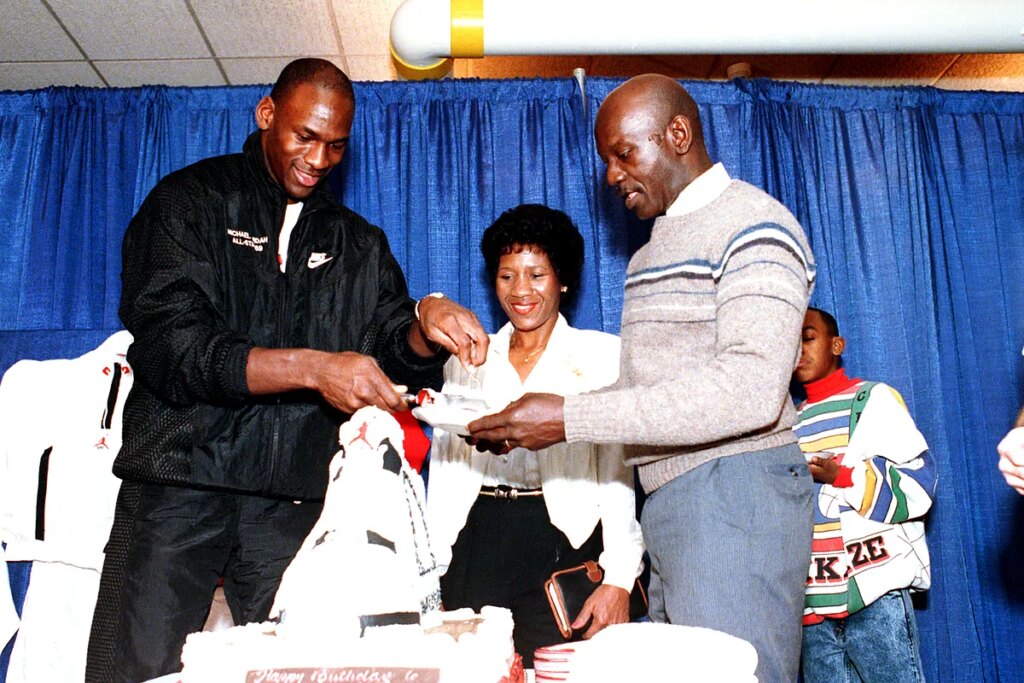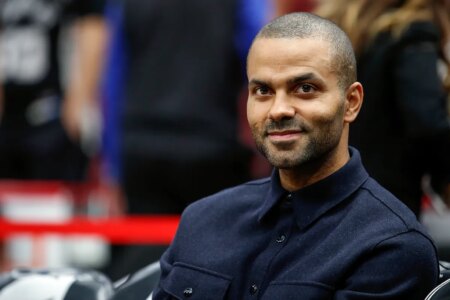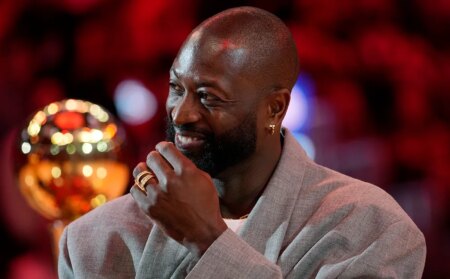After spending 30 years behind bars, Daniel Green, now 50, maintains his innocence in the the murder of James Jordan, father of basketball legend, Michael Jordan, and is now requesting to be released from prison.
Green has, however, admitted to assisting in the disposal of James Jordan‘s body.
James Jordan was found shot to death in a North Carolina swamp in 1993. Police described the incident as a robbery that escalated to murder.
Green and Larry Demery, a friend from childhood, were arrested and later convicted in the case. At the time of the incident, Green was 18 years old.
While Green helped move and dispose of the body, he denies participating in the shooting. In a statement to News13, he addressed the Jordan family directly:
“To Michael Jordan, to his family, I’m not responsible for James Jordan’s death. I am innocent of the charges that I was convicted of.”
Green emphasized the personal toll of incarceration, noting that prison is particularly harsh for those he maintains are wrongfully convicted.
Judge Gregory Weeks reignites interest in the case
The case has drawn renewed attention following comments from Judge Gregory Weeks, who presided over the trial in 1996.
Last year, Weeks publicly advocated for Green‘s release, citing lingering concerns about a substance found in Jordan‘s car during the investigation.
According to Weeks, this material may not have been the victim’s blood, but the jury was never informed. The judge has appealed to the Jordan family in support of Green‘s release.
Green described his involvement in the aftermath of the murder, stating that Demery arrived at his godmother’s home with a body in a red Lexus and asked for assistance in disposing of it.
He claims he was unaware that the deceased was Michael Jordan‘s father, though he acknowledged hearing discussions regarding championship rings linked to the victim. “I didn’t know the dead man was Michael Jordan’s father, but I believed my friend knew,” Green said.
Reflecting on his role at the time, Green admitted that his actions were impulsive.
“I was a kid… as a 50-year-old man now, I cannot provide a rational explanation for why I did what I did then. I was acting in the moment without considering the consequences,” he explained.
Green‘s credibility has been questioned due to prior actions, including a rap video in which he wore an NBA watch given to James Jordan by his son, as well as Jordan‘s 1986 All-Star ring.
These actions drew public criticism and complicated perceptions of his claims of innocence.
As Green seeks release, the case continues to generate public and legal interest. Supporters of his appeal cite his cooperation in disposing of the body without involvement in the shooting, along with Judge Weeks‘ statements, as reasons for reconsideration.
Critics remain cautious, pointing to his past behavior and the severity of the crime.
The request for release highlights ongoing debates surrounding accountability, youthful decision-making, and the long-term consequences of criminal convictions.
Green‘s plea adds a complex chapter to a case that has remained a prominent part of public discourse for three decades.
Read the full article here











